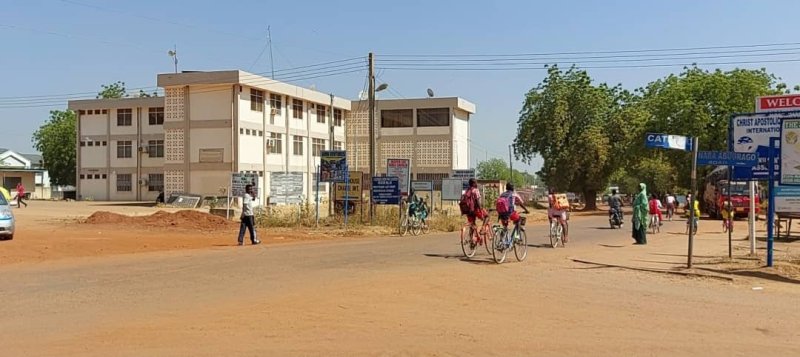
Vice President Prof. Jane Naana Opoku-Agyemang has made a call for the country’s pension model to reflect shifting employment patterns such as automation, remote work and rise of the gig economy.
She made this call at the Social Security and National Insurance Trust’s (SSNIT) 60th anniversary launch, advocating a recalibration of social protection systems to ensure broader coverage and long-term resilience.
“The informal sector remains largely uncovered, denying millions the security they deserve,” she stated, specifically referring to self-employed workers, farmers and artisans who operate outside the formal pension system.
The Vice President cautioned that the country’s existing pension architecture, which was designed around traditional employment models, risks becoming obsolete if it fails to adjust to emerging labour trends.
Consequently, she urged SSNIT to deepen engagement with stakeholders and invest in technological innovation that reflects how today’s workers earn and contribute. She further emphasised the need for strong investment governance and prudent financial management to underpin the scheme’s sustainability.
Indeed, our economy has experienced a structural shift in recent years – with a growing number of citizens working as freelancers, ride-hailing drivers, digital platform workers and part-time contractors.
These categories of workers often do not make regular pension contributions, raising concerns about their retirement security and the adequacy of SSNIT’s outreach efforts.
SSNIT Director-General Kwasi Afreh Biney acknowledged that while the Trust has made significant progress, including consistently paying pensions without default, it must address operational inefficiencies which have at times eroded public confidence.
Biney highlighted SSNIT’s expanding investment portfolio, which includes holdings in real estate, student housing, ICT, financial services and energy. The Trust owns 100% of Labadi Beach Hotel and has invested over GH¢2.4billion in Ghana’s financial sector.
Through its energy subsidiary, it currently contributes 126 megawatts to the national grid with a target of doubling that output by year-end. These investments are designed to safeguard long-term viability; however, the regulator cautioned that future sustainability also depends on risk diversification and increased inclusion.
The National Pensions Regulatory Authority (NPRA) noted that recent economic shocks, including government’s domestic debt exchange programme, have exposed vulnerabilities in assumed investment safety and underscored the need for dynamic risk assessment frameworks.
With over 2 million active contributors and 257,000 pensioners, the Trust remains a central pillar of Ghana’s retirement system.
The post Editorial: Pension model must reflect shifting employment patterns appeared first on The Business & Financial Times.
Read Full Story




















Facebook
Twitter
Pinterest
Instagram
Google+
YouTube
LinkedIn
RSS